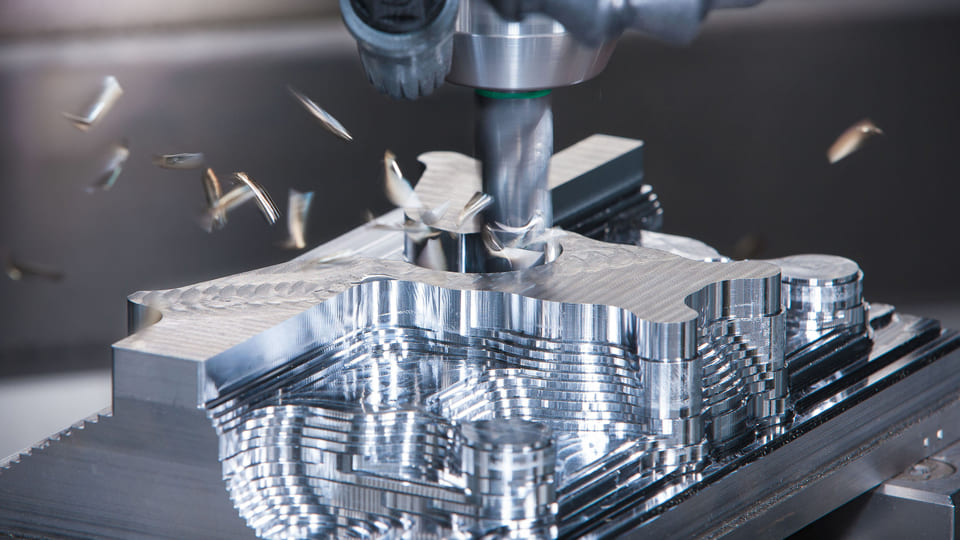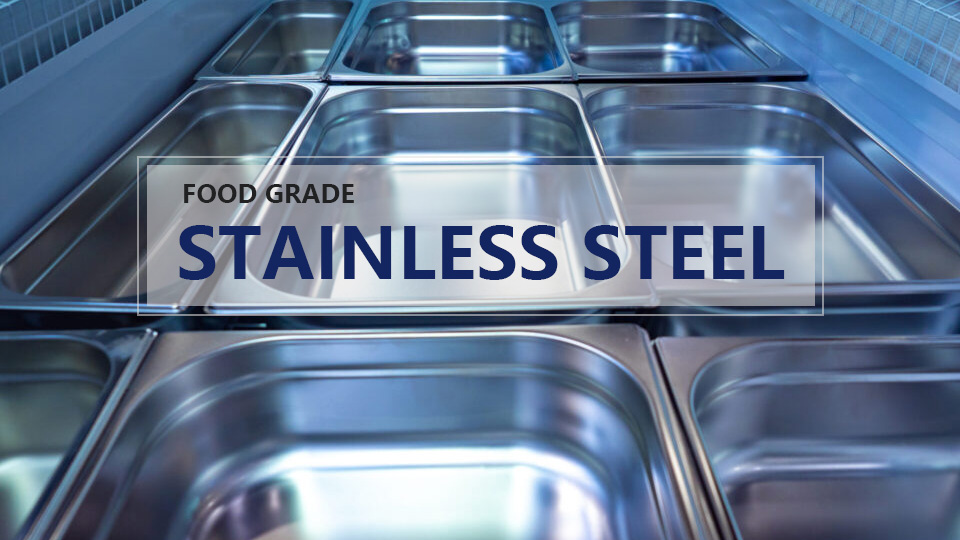What are Metals?
Metals are materials that exhibit a lustrous appearance when newly prepared, polished, or fractured. They possess excellent heat and electricity conductivity, as well as the properties of malleability (capable of being hammered into sheets) and ductility (able to be drawn into wire). The majority of metals are in a solid state at room temperature, displaying a distinctive silvery sheen—though mercury is an exception, existing in a liquid form.
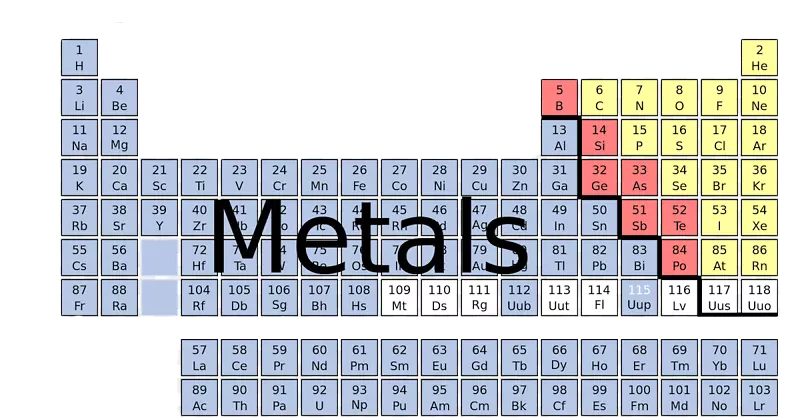
What Properties Make Metal Strong?
The strength of a metal mainly depends on 4 properties:
Tensile Strength: Tensile strength measures the maximum amount of tensile (pulling or stretching) stress a material can withstand without breaking or fracturing.
Yield Strength: Yield strength characterizes the point at which a material undergoes significant plastic deformation or permanent set (strain) without an increase in the applied stress. It is the stress at which a material begins to exhibit plastic (non-reversible) deformation. During a tensile test, which involves subjecting a material sample to axial pulling forces until failure, the yield strength is typically identified on the stress-strain curve. Up to the yield point, the material undergoes elastic deformation, meaning it can return to its original shape when the load is removed. Beyond the yield point, plastic deformation occurs, and the material does not fully recover its original shape.
Compressive Strength: Compressive strength measures the maximum stress a material can withstand when subjected to axial loads that tend to reduce its size or compress it. During a compressive strength test, a specimen of the material is subjected to compressive forces until it fails.
Impact Strength: Impact strength measures a material’s ability to withstand sudden or dynamic loads without fracturing or breaking. It assesses how well a material can absorb energy when subjected to a rapid and forceful impact, such as a sudden blow or collision.
Top 10 Strongest Metals
Carbon Steel
Carbon steel, a centuries-old alloy of iron and carbon, excels in all four strength-defining qualities.
- Yield strength of 260 MPa
- Tensile strength of 580 MPa
A score of approximately 6.0 on the Mohs scale
Steel-Iron-Nickel Alloy
The steel-iron-nickel alloy, available in several variations, significantly enhances strength by alloying carbon steel with nickel.
- Yield strength of up to 1,420 MP
- Tensile strength of up to 1,460 MPa.
Stainless Steel
Stainless steel, formed by alloying steel with chromium and manganese, is a corrosion-resistant metal.
- Yield strength of up to 1,560 MPa
- Tensile strength of up to 1,600 MPa
- Mid-range score on the Mohs scale.
Tungsten
Tungsten, possessing the highest natural tensile strength among metals, is frequently alloyed with steel and other metals to forge even more robust alloys. Despite its brittleness and susceptibility to shattering upon impact, tungsten remains a key player in the pursuit of strength.
- Yield strength of up to 750 MPa
- Tensile strength of up to 1725 MPa
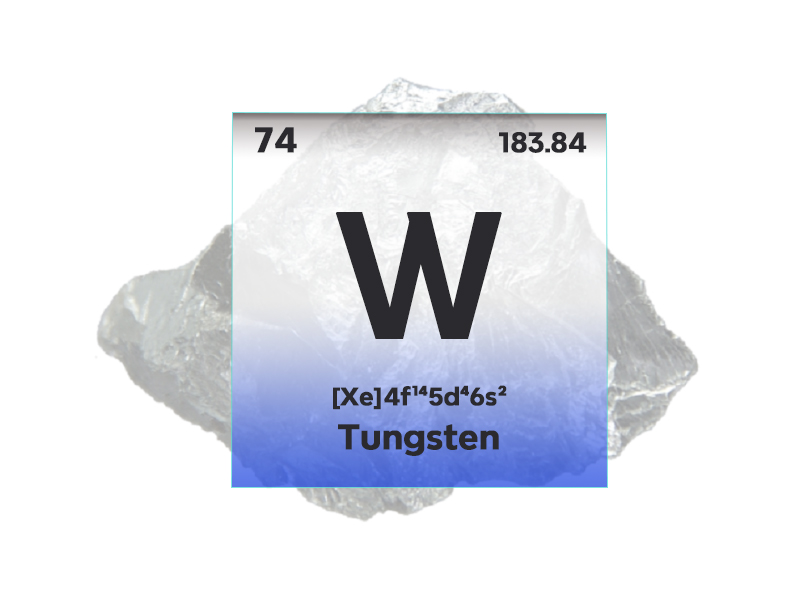
Tungsten Carbide
Tungsten carbide, a powerful amalgamation of tungsten and carbon, finds widespread use in tools with cutting edges like knives, circular saw blades, and drill bits.
- Yield strength ranges from 300 to 1,000 MPa
- Tensile strength from 500 to 1,050 MPa
Titanium
Titanium, occurring naturally, boasts the highest tensile strength-to-density ratio among metals, surpassing even tungsten pound-for-pound in strength. Although it scores lower on the Mohs scale of hardness, titanium alloys are favored for their formidable strength and lightweight properties, commonly applied in the aerospace industry.
- Yield strength of 1200 MPa
- Tensile strength of 980 MPa.
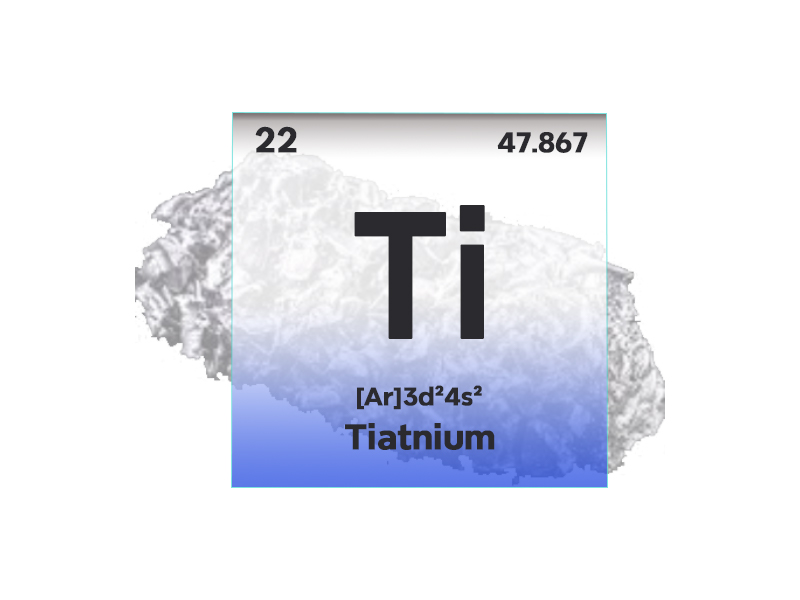
Titanium Aluminide
Titanium aluminide is a strategic alloy blending titanium, aluminum, and vanadium.
- Yield strength of 800 MPa
- Tensile strength of 880 MPa.
Inconel
Inconel, a superalloy incorporating austenite, nickel, and chromium, maintains its strength in challenging conditions and elevated temperatures, rendering it ideal for applications such as high-speed turbines and nuclear reactors.
- Yield strength of 1103 MPa
- Tensile strength of 759 MPa.
Chromium
Chromium emerges as a top contender if strength is gauged by hardness alone. While not as strong individually in terms of yield and tensile strength, it is frequently alloyed with other metals to enhance their hardness.
- Yield strength of 316 MPa
- Tensile strength of 418 MPa.
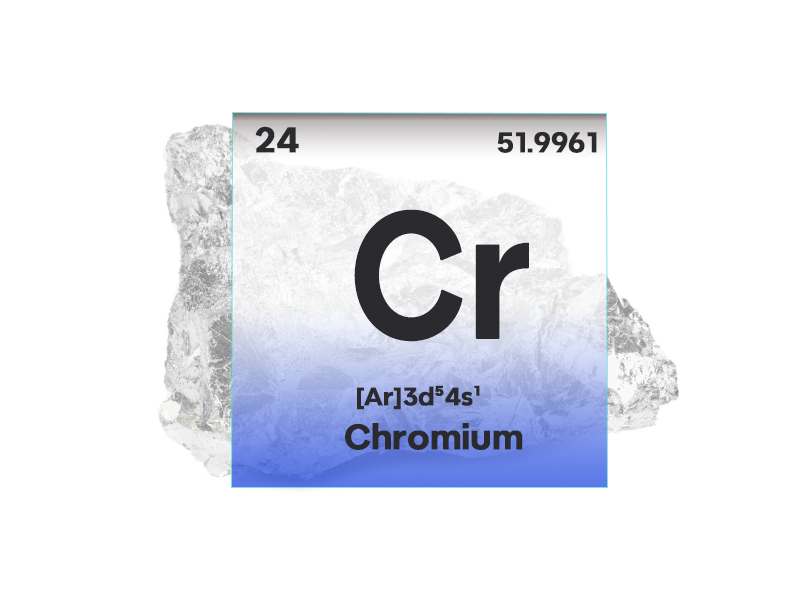
Iron
Iron, a fundamental component of steel, concludes the roster of the world’s strongest metals.
- Cast iron, with a Mohs score of about 5
- Yield strength of 246 MPa
- Tensile strength of 414 MPa


